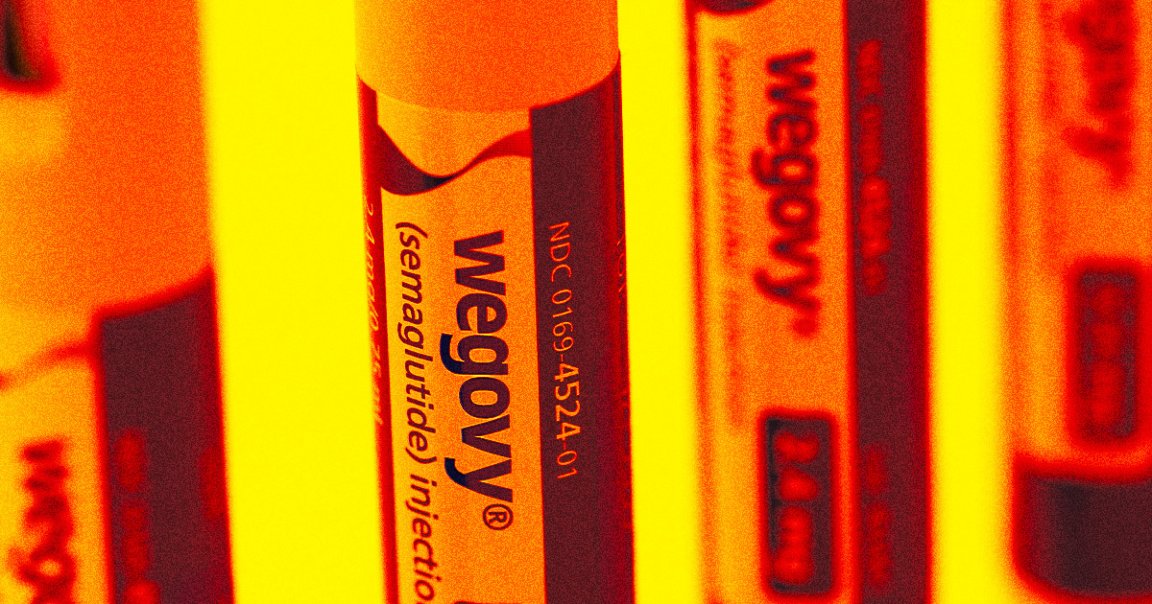
Pharmaceutical manufacturers in India are looking to cash in on the weight loss injection craze by making their own version of Wegovy — but they’ll have to compete with all the marketplaces selling it off-brand.
As Reuters reports, the weight loss market is ripe for new blood considering that Novo Nordisk, the maker of Wegovy and its diabetes sister drug Ozempic, and Eli Lilly, which makes the analog weight management drugs Zepbound and Mounjaro, have not been able to produce enough of their name-brand versions to meet demand.
Notably, Wegovy — the name-brand version of the weight loss injectable, which uses the glucagon-like peptide-1 receptor agonists known as semaglutide to mimic the stomach’s feeling of fullness — is only available in six countries (though to be fair, the oral pill Rybelsus that uses the same active ingredient is very much for sale in India.) With Novo predicting that it may be two years or more before it comes to the country, drugmakers there are looking to get in on the action while the market is still hot.
Two major Indian drug companies, Cipla and Dr Reddy’s, plan to create their own versions of the semaglutide injectable, Reuters reports. This move comes even after the December announcement that IndiaMART, an e-commerce platform in the country, has teamed up with Novo to fight counterfeit Wegovy there.
A third Indian company, Sun Pharma, is also looking to mimic Novo’s success, but plans to create its own version from scratch, which will involve clinical trials and patents — a lengthy process by any standard, though it’s been streamlined in India to make it happen faster.
Beyond the official red tape, however, there’s the massive issue of black market semaglutide, which is very much circulating in the Indian market already.
In the United States, shady companies have for months been selling DIY semaglutide kits amid the massive shortage in brand name versions. Because these drugs, which often come from online compounding pharmacies, aren’t regulated, there’s no way to be sure one is purchasing the real thing — and as the American Association of Poison Control Centers told Reuters last month, at least three cases of hypoglycemia associated with off-brand semaglutide have been reported.
Given that the official versions of semaglutide are said to cause some really freaky and dangerous side effects, the concept of a flourishing black market trade of the drug or potentially rushed clinical trials of an analog is alarming indeed.
But then again, the weight loss industry isn’t exactly concerned with safety to begin with.
More on semaglutide: The Pharma Company Making Ozempic Is Worth Five Times What OpenAI Is